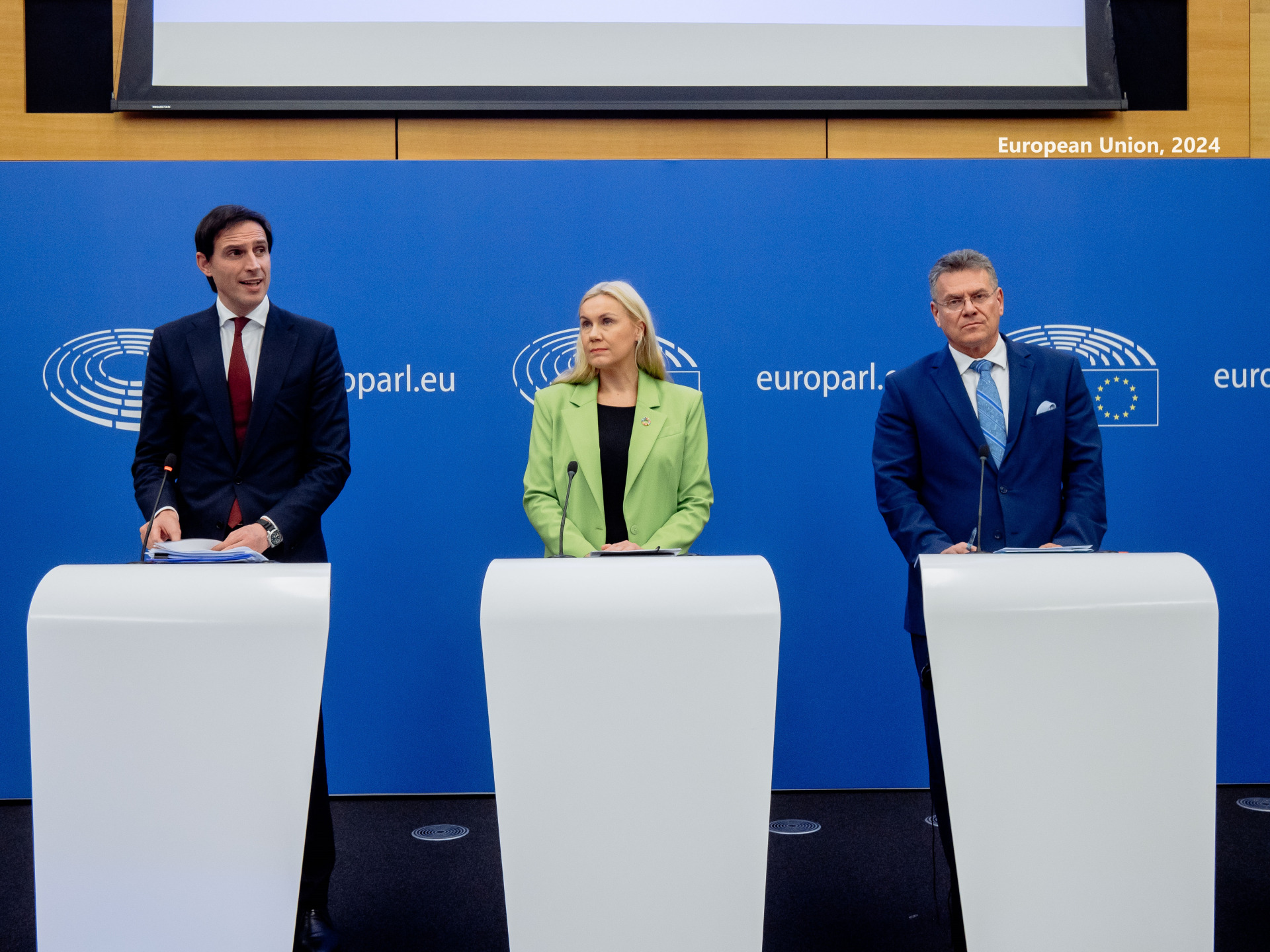
Last week represented a significant milestone for the European Green Deal, marking what several observers defined as a noticeable shift towards industrial policy and its practical implementation. Among the key announcements, the European Commission revealed its proposal for the EU's 2040 carbon emission reduction target, alongside the Communication on Industrial Carbon Management. Additionally, agreements were reached between the European Parliament and the Council of the EU regarding the Net Zero Industry Act (NZIA) and the Strategic Technologies for Europe Platform (STEP).
Long awaited and accompanied by a comprehensive impact assessment, the European Commission's proposal for the EU's 2040 carbon reduction target advocates for a 90% net greenhouse gas emissions reduction by 2040: a recommendation which closely mirrors the lower end of the 90-95% target range suggested by the EU's Scientific Advisory Board on Climate Change back in June 2023. The proposed reduction aims to significantly lower the EU's reliance on fossil fuels, targeting an 80% decrease while fostering the adoption of various low-carbon energy solutions and advancing circular economy initiatives.
To achieve the 2040 target, the Commission emphasises the importance of carbon removals to complement measures aimed at reducing carbon emissions. The Communication on Industrial Carbon Management goes in this direction by proposing ambitious targets, aiming to capture at least 50 million tonnes of CO2 per year by 2030, approximately 280 million tonnes by 2040, and around 450 million tonnes by 2050. It also calls for increased investment, funding, research, and innovation in Carbon Capture, Utilisation, and Storage (CCUS) technologies.
In response to these recent developments, EU heads of state are now preparing for informal discussions, aiming to formulate recommendations during an EU summit in June. Subsequently, the incoming European Commission post-June EU elections will draft a formal legislative proposal, indicating that draft legislation may not emerge before 2025. Moreover, formal adoption of the 2040 target and its integration into the European Climate Law is expected to require at least another year.
On the Net Zero Industry Act (NZIA) front, negotiators retained the non-binding target to produce 40% of clean technologies used in Europe by 2030 domestically. However, achieving this target will primarily fall on member states, requiring adjustments to their national subsidy and public procurement programmes in line with the new law. In terms of the list of key strategic net-zero technologies — those technologies crucial in the transition to a low-carbon economy and eligible for regulatory benefits such as faster permitting and funding access — the final list includes nuclear power, which was initially excluded in the European Commission proposal. Other notable additions in the final text encompass the provision for expediting permitting for production sites of clean technologies, along with the introduction of net-zero "acceleration" valleys, specific areas aimed at hastening net-zero industrial activities.
Lastly, the European Parliament and the Council of the EU reached an agreement also on the Strategic Technologies for Europe Platform (STEP) as part of the revision of the Multiannual Financial Framework (MFF). Contrary to the initial proposal of allocating new funds to clean tech, the final deal focuses on mobilising resources for critical technologies from existing funds, with only the European Defence Fund (EDF) set to benefit from an additional €1.5 billion.